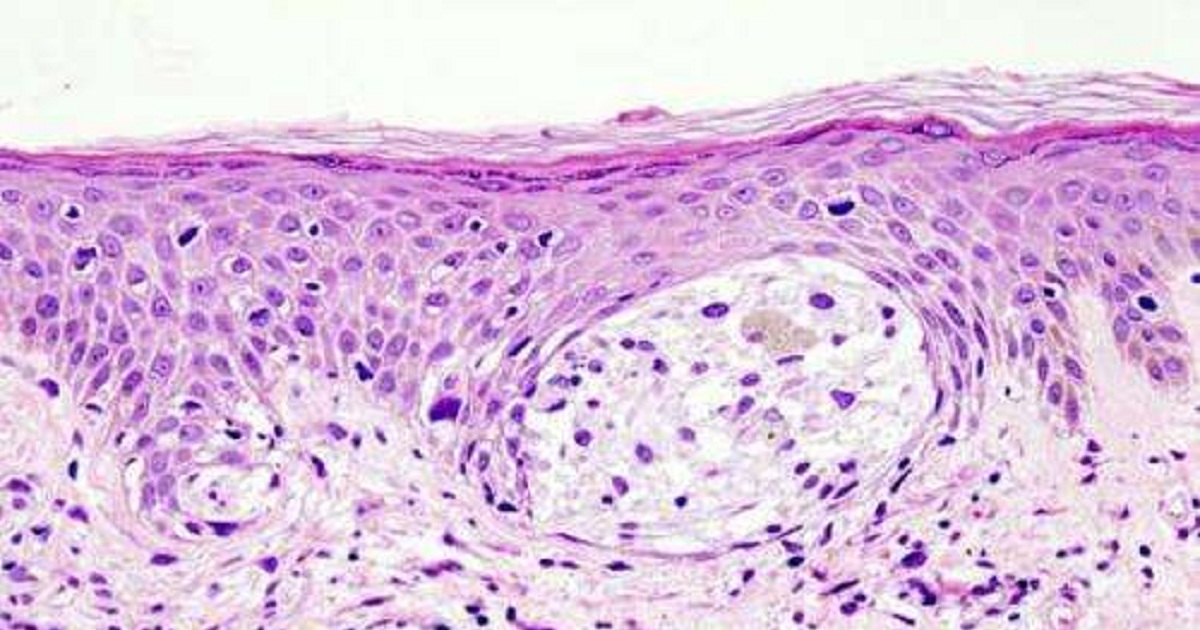Researchers identify effective drug combination against uveal melanoma
Medicalxpress | July 08, 2019

Uveal melanoma is a very aggressive type of melanoma that affects the eye. It is a rare disorder, affecting an estimated 2,500 people in the United States each year. However, nearly half of uveal melanoma patients will develop metastatic disease that migrates to other part of the body, primarily the liver. The prognosis for patients with metastatic uveal melanoma is very poor, with median survival of only 17 to 20 months. Researchers in Moffitt Cancer Center's Donald A. Adam Melanoma and Skin Cancer Center of Excellence are working to change that. They have identified a new drug combination that is effective against metastatic uveal melanoma cells in preclinical studies. Their findings were published in Clinical Cancer Research. The MAPK protein signaling pathway is commonly deregulated in melanoma of the skin and uveal melanoma. Drugs that target a protein called MEK, which is involved in the MAPK signaling pathway, have significantly improved the outcomes of patients with melanoma of the skin. However, a recent phase 3 clinical trial in uveal melanoma revealed that patients treated with a MEK inhibitor plus chemotherapy had no improvement in survival over those patients treated with chemotherapy alone. Many patients with uveal melanoma quickly develop resistance to MEK inhibitors. Moffitt researchers, in collaboration with scientists from the UF Health Cancer Center and Sylvester Comprehensive Cancer Center, wanted to determine how this resistance develops and identify additional drugs that could be used in combination with MEK inhibitors to target uveal melanoma cells for destruction.